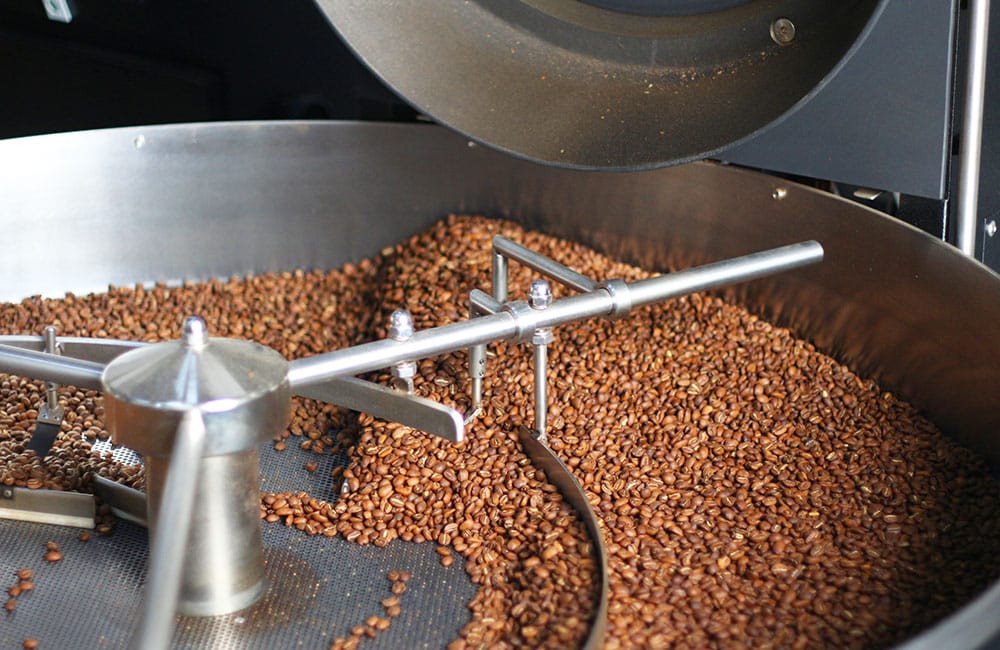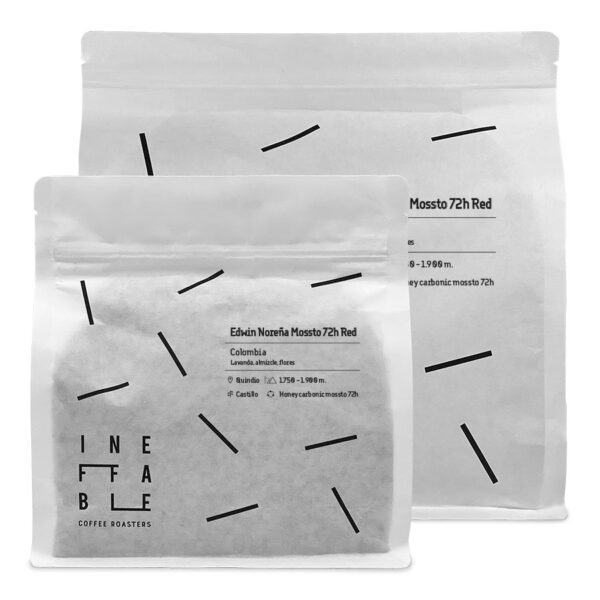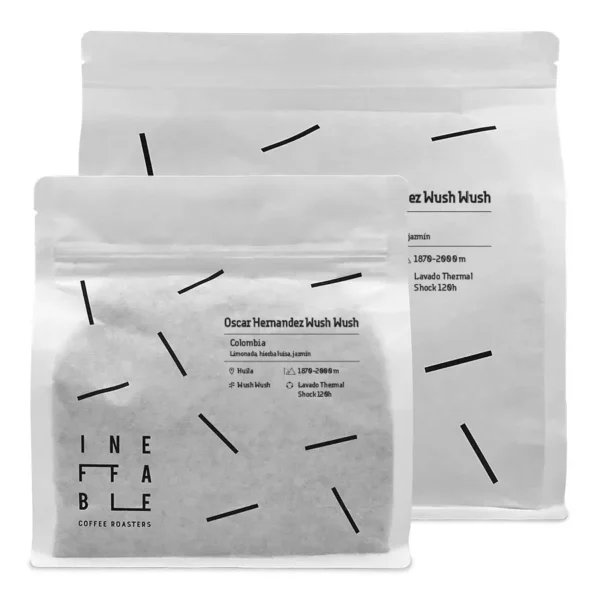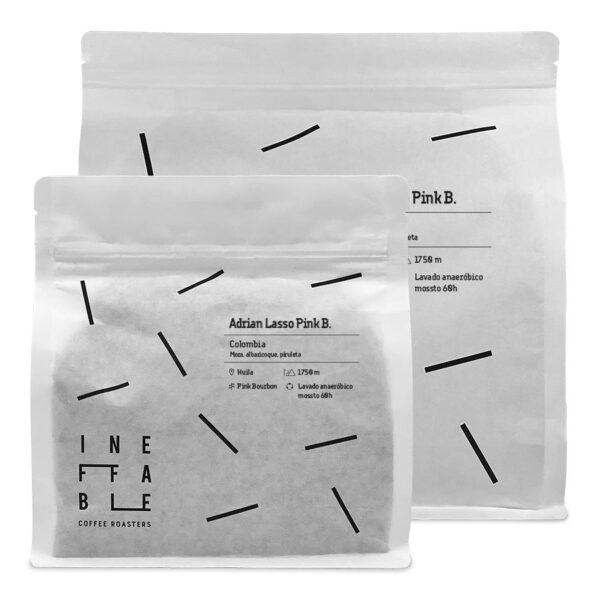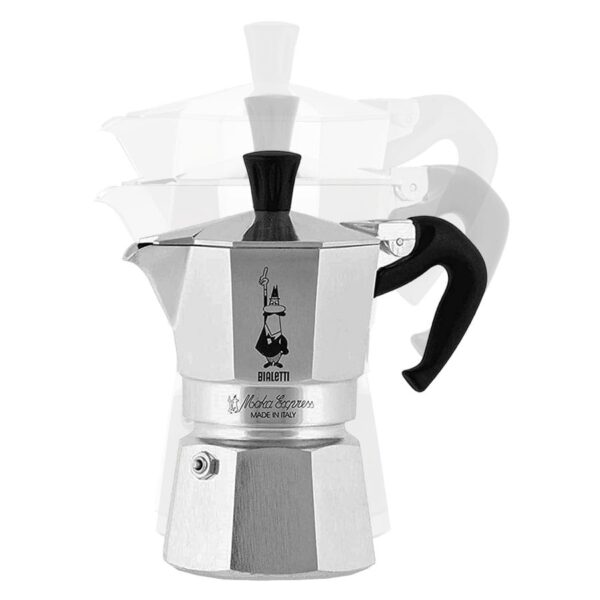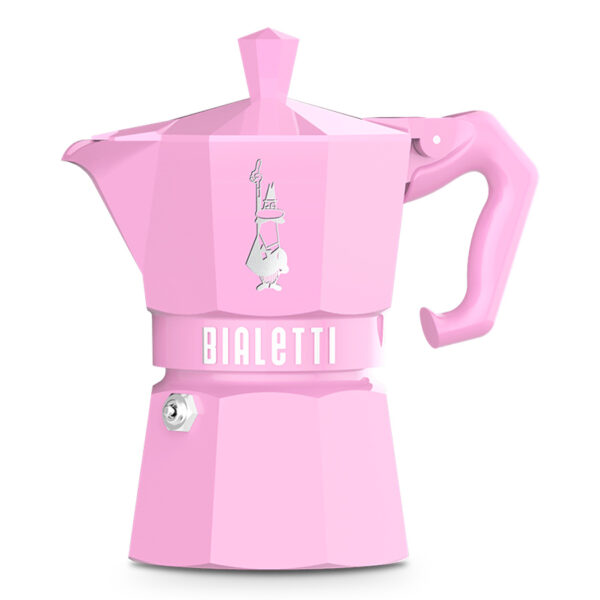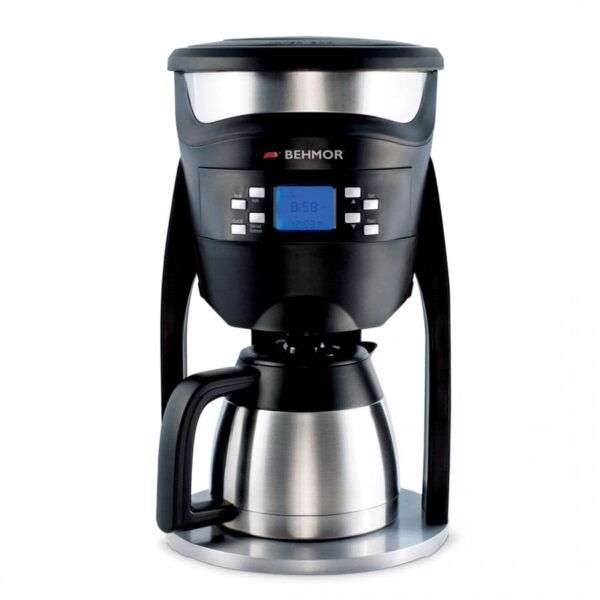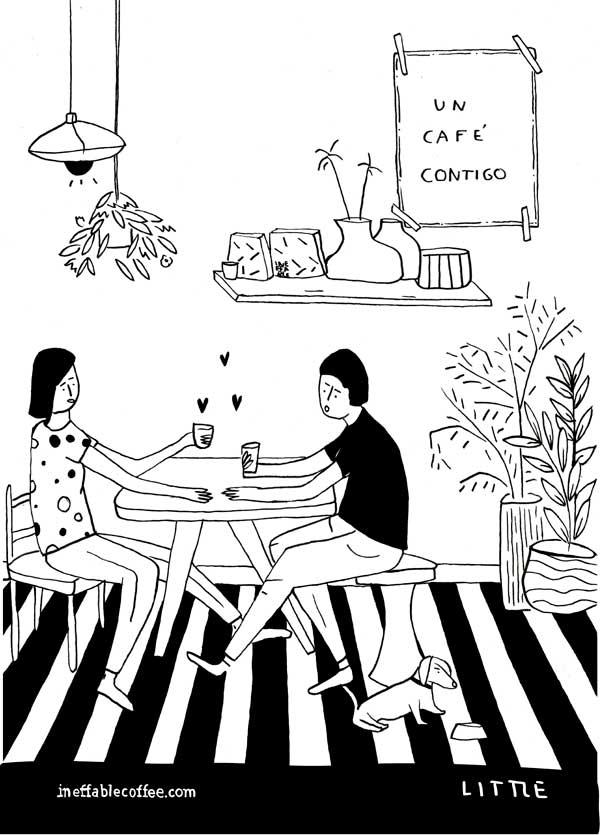Throughout the trip, you struggle to keep the message hidden, but you do everything possible so that it does not come to light until it reaches its final recipient. The surprise and joy will be far greater if nobody spoils it.
That is the journey of the coffee beans from plant to cup. And the person to whom the message is addressed, a delicious explosion of flavours, is you.
All those involved in the coffee production chain should do their best to keep the secret protected until it reaches you.
From the coffee farmer to the barista, each one will contribute with their knowledge and expertise so that, when it reaches you, no one will have spoiled the surprise. And neither should you do it by grinding your whole beans ahead of time.
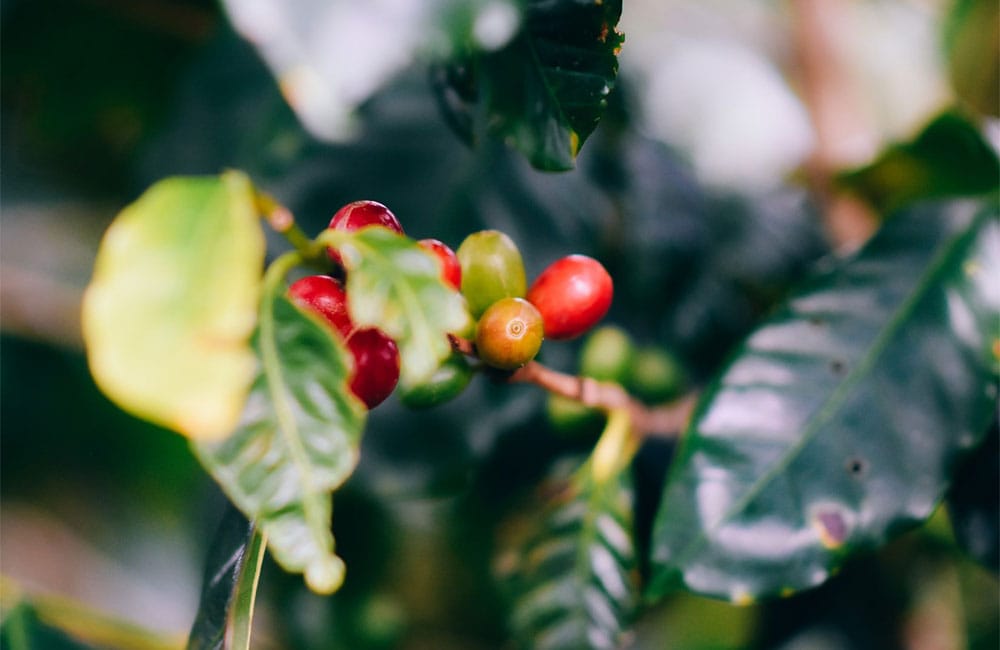
Like other fruits, coffee cherries are affected by many factors such as the area where they grow, the particularities of the land, the amount of water they receive while growing or the moment at which they are picked, among others.
The difference is that, in coffee plants, what interests us is the seed of the cherry and not the fruit itself. And what makes these seeds special is that, when they are processed, roasted and brewed they offer the drink we know as coffee.
Varieties of coffee plants
We could say that the best coffee beans are the ones that have better maintained the unique qualities of its variety from cultivation to your cup.
And the best way to do this is to keep them whole until brewing. But let us see why.
Why You Should Buy Whole Bean Coffee
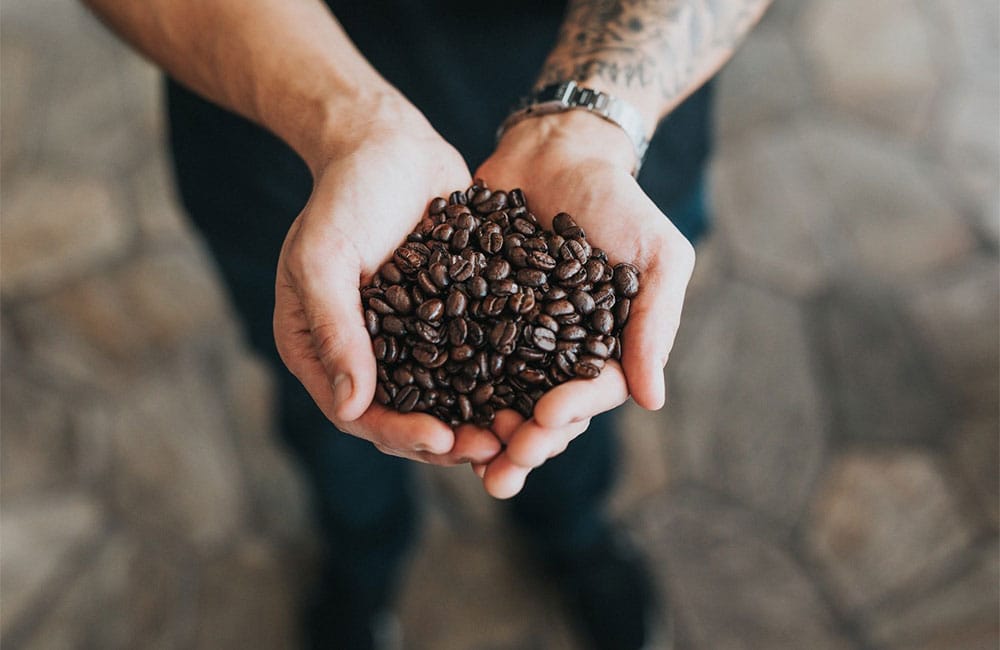
Each coffee bean is composed of many natural chemicals with different soluble capacities. These soluble compounds, once in contact with water, transfer their properties to it.
Oxygen is the main element that we must control when it comes to keeping coffee at its optimum level. When oxygen comes into contact with coffee, it creates a reaction that alters coffee characteristics.
This reaction is known as coffee oxidation and is the main reason behind the ageing and staling of coffee.
The Coffee Oxidation Process
The reason this happens is that oxygen steals electrons from another molecule. The molecule that loses an electron becomes unstable and reactive.
Coffee oxidation occurs when oxygen molecules come into contact with the different compounds in coffee. By grinding the coffee, we are facilitating and increasing the surface on which oxygen can act, thereby accelerating oxidation.
That is why we have to keep coffee in beans until we are ready to brew it.
Coffee Compounds Affected by Oxidation
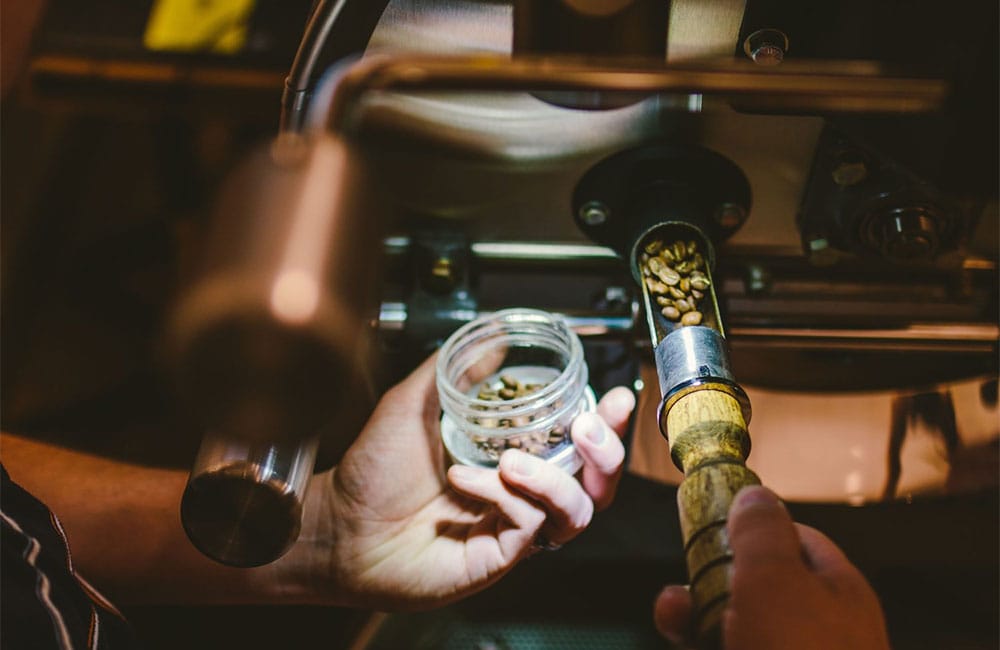
- Volatile Organic Compounds (VOC): they oxidize to neutral compounds. This results in a loss of pleasant flavours and aroma.
- Lipids oxidize to form peroxide. This results in the creation of stale aromas and flavours.
Other factors that accelerate the oxidation process of coffee are light and heat. Light increases the rate of oxidation of lipids and heat causes both lipids and VOCs to oxidize quicker.
After roasting coffee expels CO2, a process called degassing. Green coffee undergoes minimal natural oxidation, but as soon as it comes out of the roasting machine, the process accelerates.
Roasted Coffee Degassing
One of them is that, when the carbohydrates in coffee beans are broken down into smaller molecules, the beans begin to turn to a golden colour and water vapour and carbon dioxide are created.
During the first days after roasting, coffee beans continue to expel CO2. If the coffee is brewed before the process has stabilized, it can lead to uneven extraction.
Heat-sealed/one-way valve packaging lets these gases come out but stop oxygen from entering. The result is a regular degassing process and delaying the oxidation process.
The reason is that, after sealing the packages with heat, the CO2 released by the coffee, as it is heavier that oxygen, displaces oxygen and creates ‘a sort of an inert gas chamber’, which further delays the oxidation and quality loss.
Preservation of Whole Bean Coffee
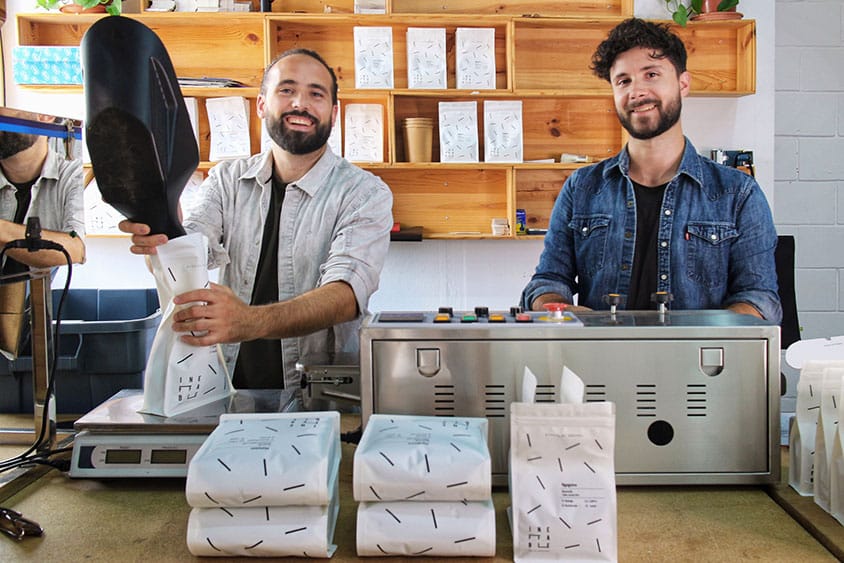
The best way to preserve coffee once roasted is in whole beans and packages with one-way valves and heat-sealing, as we have already explained. Other valid ways would be with vacuum packaging or injecting an inert gas such as nitrogen or CO2. In both cases, the oxygen is displaced, so that it does not react negatively with the roasted coffee.
The ideal is to find a balance between a correctly degassing of coffee and keeping the oxidation process under control. A way of achieving this is by roasting the coffee correctly and packing it in one-way valve bags as soon as possible, as we do at Ineffable Coffee.
Bags with one-way valves, in addition to delaying the oxidation process (until they are opened again) by expelling the CO2, they avoid the accumulation of pressure and a possible rupture of the bag.
How to Brew Whole Bean Coffee
The best time to grind coffee is just before brewing it, this way we will prevent the oxidation process from accelerating. The type of grinding will depend on the brewing of our choice.
For example, if we are going to brew a coffee in an espresso machine, we will need a much finer grind than if we are using a filter method. This is an approximate relationship of the grinding ratio to the brewing method:
- Espresso: very fine grind (slightly finer than fine salt)
- Mokka: fine grind (as fine salt)
- AeroPress: medium grind (slightly coarser than fine salt)
- V60: medium grind (slightly coarser than fine salt)
- Chemex: medium grind (slightly coarser than fine salt)
- Plunger: coarse grind (like coarse salt)
At Ineffable Coffee, we have put together some coffee brewing guides according to the different methods which you can check out here.
The best way to grind whole bean coffee it is to do it with a grinder that grinds them and does not crash them. That is the main difference between the common blade electric grinders and the manual grinders that we offer at Ineffable Coffee, such as the HARIO Mini Mill or the Comandante manual coffee grinder (hyperlinks).
Other advantages of these grinders are that they offer a uniform grind and they do not heat the coffee while grinding it.
Enjoy seasonal coffee, visit our shop
- Filter & EspressoCold BrewSpecial process
Edwin Noreña Red – Colombia – Mossto 72h Co-fermented
36,00€ – 132,00€ VAT included - Filter & Espresso
Oscar Hernandez Wush Wush – Colombia – Thermal Shock
36,00€ – 132,00€ VAT included - Filter & EspressoCold BrewSpecial process
Adrian Lasso Pink B. – Colombia – Washed anaerobic 60h
23,00€ – 84,00€ VAT included
Buying Whole Bean Coffee
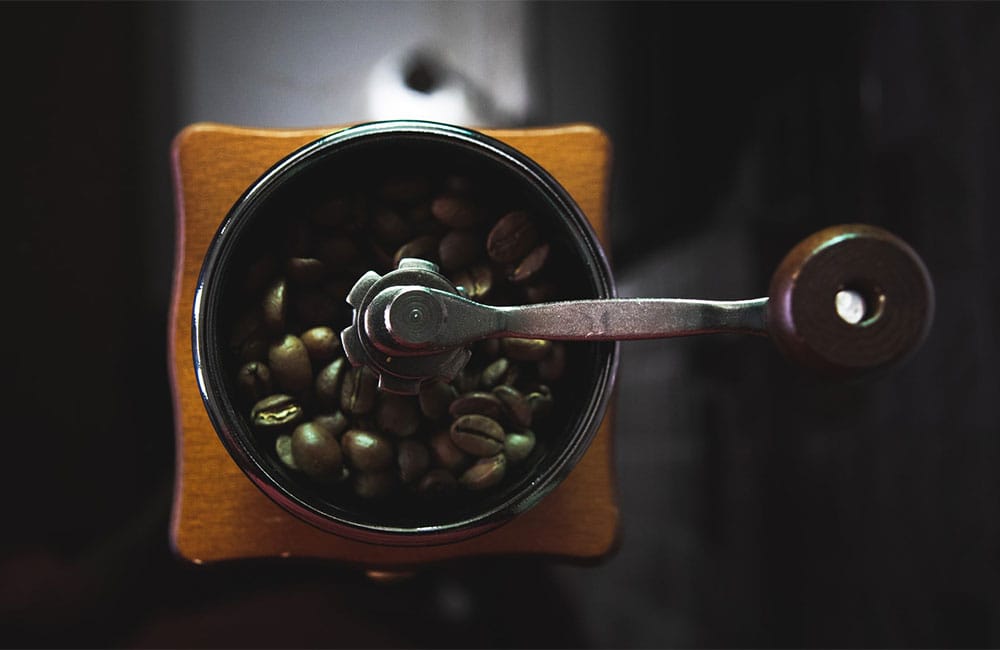
Our recommendation is always to buy whole beans, but our advice in cases when this is not possible is to ask our roaster to grind them according to our preferred brewing method and to use a bag with a one-way valve.
Buying ground and packaged coffee should be our last option, especially if the package does not have a valve.
Other things to take into account are the roast date and the type of roast. If we want a coffee in optimal conditions, we must consume it within eight weeks after being roasted, if it has been preserved correctly.
The type of roast, whether it is a lighter or darker roast, will depend on our taste and preferences. But we should try not to buy coffee that is too roasted or burnt; if this is the case, it will have lost organoleptic qualities.
And we have to flee, like the plague, from any torrefacto roast. It does not offer any enjoyable tasting experience, and, further, it is also detrimental to health.
Marketing techniques of the big surfaces to sell us coffee
The terms ‘superior coffee’, ‘gourmet coffee’ or the like do not have a specific meaning, and therefore do not denote better coffee, although probably more expensive.
We should also bear in mind that an organic coffee -although it is undoubtedly better for the planet- is not necessarily a better coffee.
Instead, the term “specialty coffee” assures us a coffee of the highest quality and one in which best practices have been followed throughout the entire production chain.
If you want to know more about specialty coffee, you can read this post in which we summarize what specialty coffee is and what it represents.
Get to know our accessories and visit our shop
The Best Whole Bean Coffee
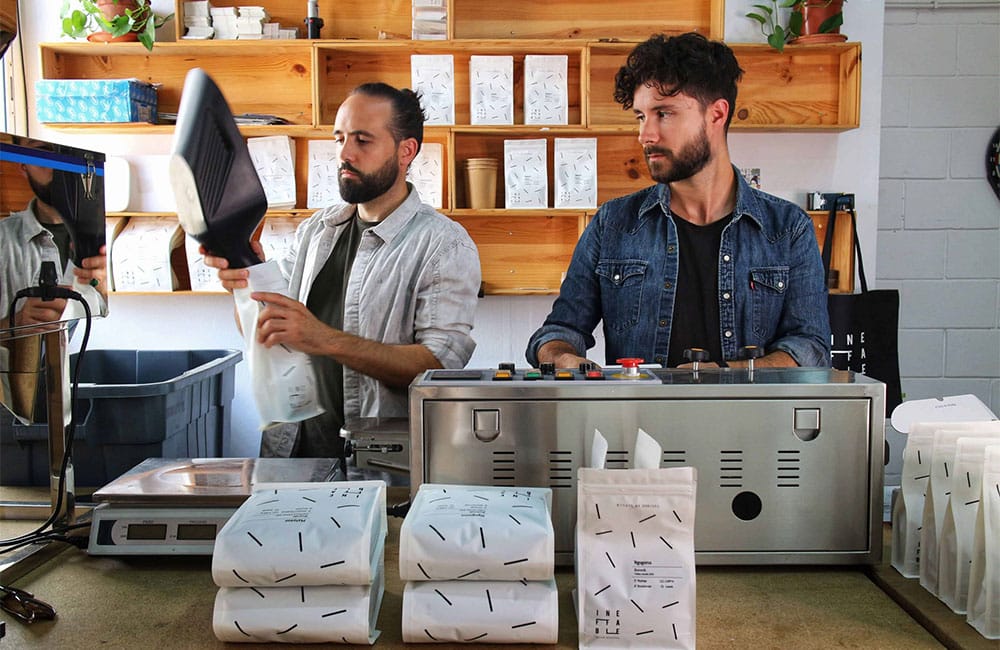
Specialty coffee is the coffee we work with at Ineffable Coffee. You may want to have a look at our store where you will find different varieties which respond to seasonal availability.
We assure you that we follow all the protocols that we have mentioned for optimal coffee conservation and all the sanitary protocols that this moment requires.
But, please, ask us for whole beans!

